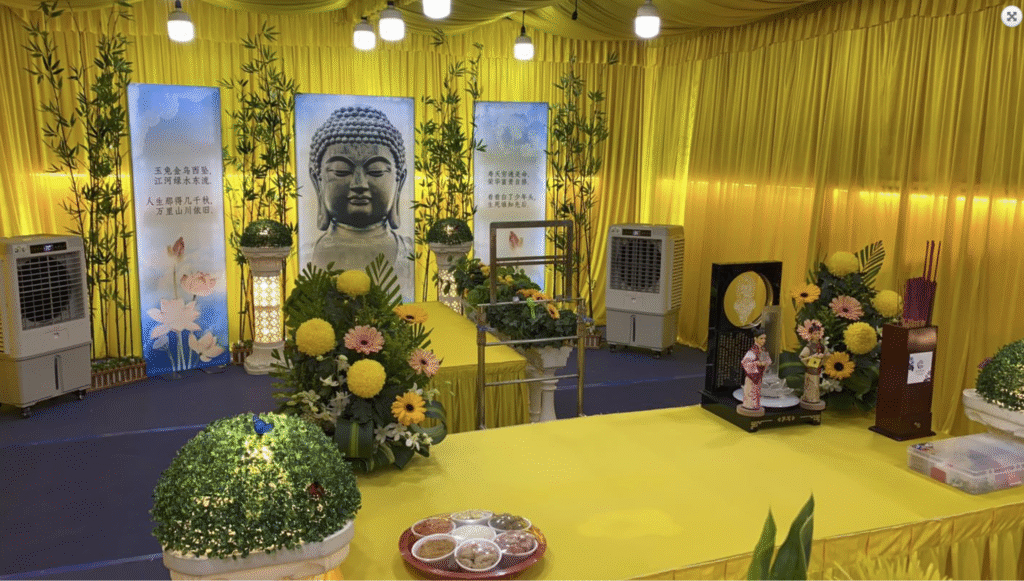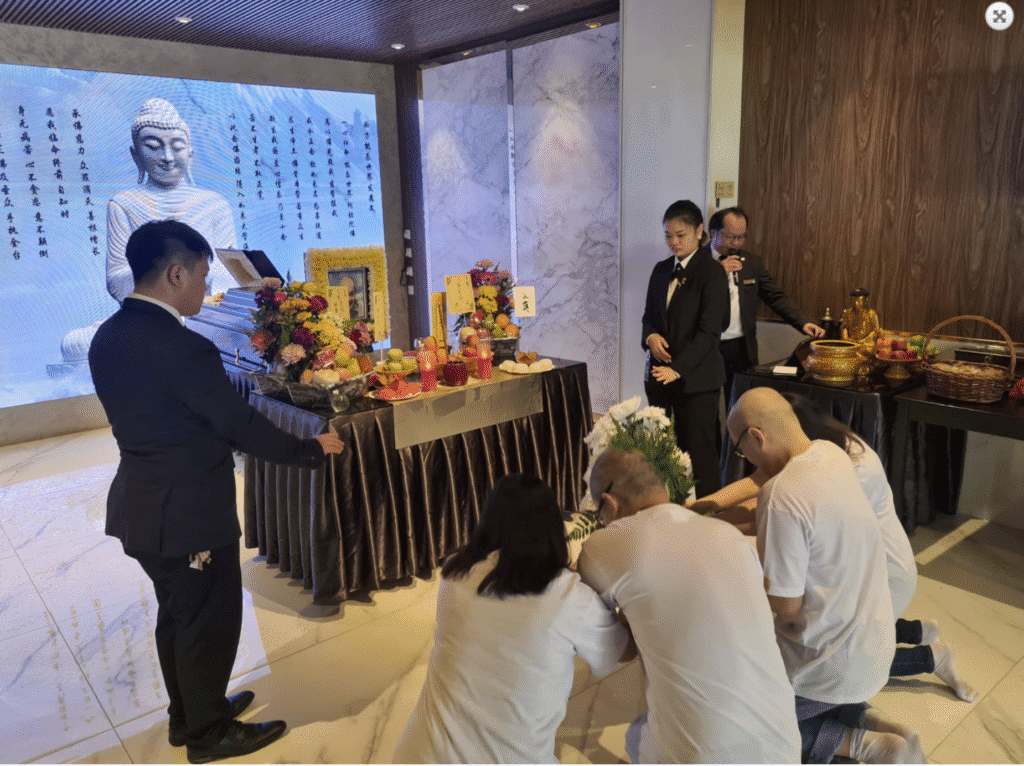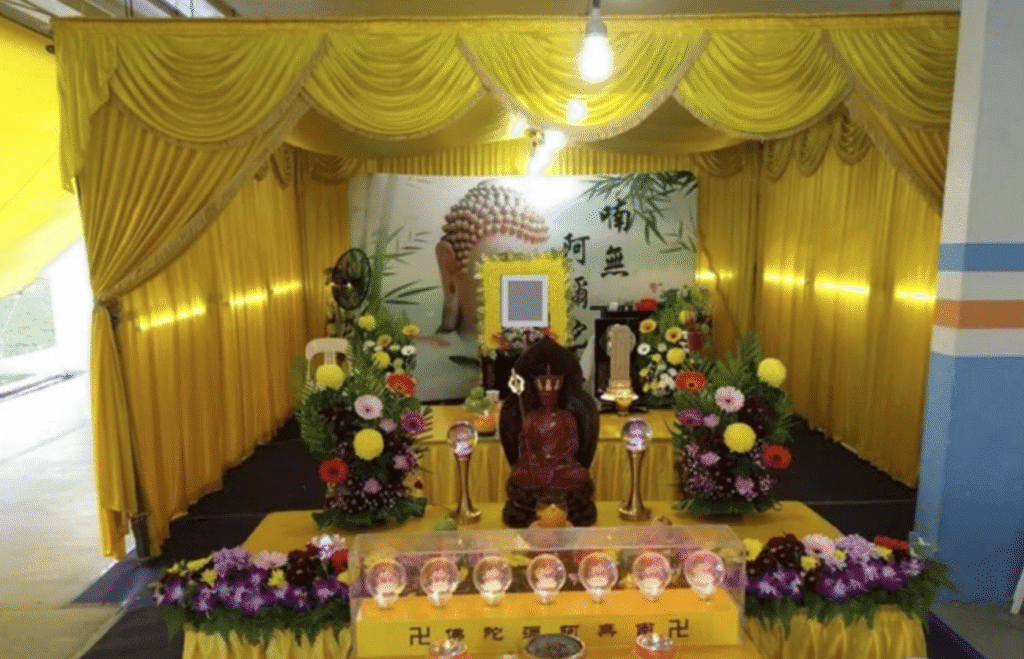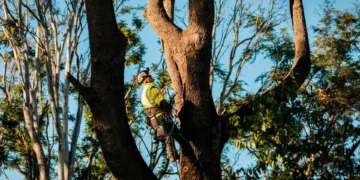The Beautiful Way Some Cultures Celebrate Life After Death


Death is one of those things that every culture handles differently. Some focus on sadness and mourning, while others transform it into something more positive. When you look at how different people around the world deal with death, you start to see that there are actually some pretty amazing ways to say goodbye that make everyone feel a little better about the whole thing. Here are some of The Beautiful Way Some Cultures Celebrate Life After Death.
How Different Cultures See Death
Most Western cultures treat death as something really sad and final. People wear black, cry a lot, and focus on the loss. There’s nothing wrong with this, but it’s not the only way to handle death. Other cultures have developed ways of dealing with death that focus more on celebrating the person’s life and helping them move on to whatever comes next.
Mexican families celebrate the Day of the Dead by making colorful altars and having parties in cemeteries. Irish families sometimes have wakes that turn into big celebrations with music and dancing. But maybe the most peaceful approach comes from Buddhist communities, who see death as just another step in a spiritual journey.
In many Asian countries, Buddhist families approach death with a mixture of sadness and hope. They believe that when someone dies, their spirit goes on a journey to find a new life. This changes everything about how they handle funerals and what they do afterward.
The Buddhist Way of Honoring the Dead

Buddhist communities have turned death ceremonies into something that feels more uplifting than scary. Instead of focusing only on loss, they focus on helping their loved one have a good journey to their next life. It’s a completely different way of thinking about death.
When someone dies in a Buddhist family, everyone comes together to do things that will help the person’s spirit. They don’t just sit around crying, although they definitely feel sad. Instead, they get busy doing ceremonies and saying prayers that are meant to guide the spirit and make sure it has everything it needs for the trip ahead.
Many Buddhist families in places such as Singapore choose a Buddhist funeral package Singapore that includes all the traditional ceremonies needed during this time. These services help families follow the proper rituals while also supporting them during such a difficult time.
The whole community gets involved in helping the family. Neighbors bring food, friends help with preparations, and monks come to lead the ceremonies. It creates this sense that nobody has to face death alone, and everyone is working together to help both the person who died and the family members who are still here.
What Makes Buddhist Funerals Different
The first thing you notice at a Buddhist funeral is how calm everything feels. People aren’t wailing or getting hysterical. Instead, there’s this peaceful atmosphere where everyone seems focused on sending good thoughts to the person who died.
The monks do most of the talking, but they’re not giving sad speeches about loss. Instead, they’re chanting prayers that are supposed to help guide the spirit through whatever happens after death. The chanting has this rhythmic sound that actually makes people feel more relaxed instead of more upset.
Family members participate in the chanting too, even if they don’t know all the words. The idea is that everyone’s voices together create positive energy that reaches the person who died. It’s a way for the living family to stay connected and feel useful during a time when they might otherwise feel helpless.
Another big difference is how long Buddhist funeral observances last. While most Western funerals are over in a day or two, Buddhist families continue doing ceremonies for seven weeks after someone dies. Every seven days, they hold another ceremony to check on how their loved one is doing on their spiritual journey.
The Seven-Week Journey
Buddhists believe that after someone dies, their spirit spends exactly 49 days figuring out what kind of new life it will have. During this time, the family can still influence what happens by doing good deeds and saying prayers. It gives everyone something positive to focus on instead of just feeling sad.
Every week during these 49 days, the family gathers for another ceremony. They burn incense, offer food and flowers, and chant more prayers. These aren’t sad, depressing events. They feel more hopeful because everyone believes they’re actively helping their loved one have a better rebirth.
The ceremonies also help the living family members deal with their grief gradually. Instead of having one big funeral and then being left alone with their sadness, they have regular gatherings where they can talk about their loved one and support each other. It creates structure during a time when everything feels chaotic.
On the 49th day, they have the biggest ceremony of all. This is when they believe their loved one finally gets reborn into a new life. It’s actually a celebration because they’ve successfully helped their loved one complete the journey. There’s still sadness about missing the person, but there’s also joy about knowing they helped them move on to something better.
Creating Good Karma for the Dead

One of the most beautiful things about Buddhist funeral customs is how they turn grief into positive action. Instead of just sitting around feeling bad, families spend the 49 days doing good deeds in their loved one’s name.
They might donate money to charity, volunteer at temples, or help poor people in their community. Every good thing they do creates what Buddhists call merit, which gets transferred to their loved one’s spirit to help with the rebirth process. It’s a way of turning sadness into kindness.
Some families sponsor religious ceremonies, pay for temple repairs, or commission artwork for Buddhist centers. Others just focus on being extra kind to their neighbors and friends. The specific actions don’t matter as much as the intention behind them.
This focus on doing good deeds during the mourning period helps everyone feel productive instead of just wallowing in sadness. It also strengthens community bonds because grieving families are out helping others instead of isolating themselves.
How This Helps Everyone Feel Better
The Buddhist approach to death creates benefits that go beyond just the person who died. The living family members end up feeling more peaceful about death in general because they’ve been taught to see it as a natural transition rather than a terrible ending.
Children who grow up with these customs learn to think about death differently. They still feel sad when someone dies, but they also understand that death is just part of how life works. This makes them less afraid of death overall, which helps them live more fully.
The community support that comes with Buddhist funeral customs also helps people feel less alone during difficult times. When someone dies, the whole neighborhood rallies around the family to help with ceremonies, cooking, childcare, and emotional support. People form closer relationships through shared spiritual practices.
Even people who aren’t particularly religious often find Buddhist funeral customs comforting because they provide clear actions to take during a confusing time. Instead of wondering what to do or how to help, everyone knows their role in supporting both the deceased and the grieving family.
Why This Approach Works
The Buddhist way of handling death works well because it gives people hope instead of just sadness. When you believe that death is just moving from one stage of existence to another, it doesn’t feel as scary or final. There’s still grief about missing the person, but there’s also excitement about helping them on their next adventure.
This approach also recognizes that grief takes time and provides structure for the healing process. The seven-week ceremony schedule gives families permission to take their time mourning while also moving gradually toward acceptance and peace.
Most importantly, Buddhist death customs turn mourning into a community activity instead of something people have to face alone. The ceremonies, good deeds, and ongoing support create connections between people that last long after the formal mourning period ends.
When cultures approach death with hope, community support, and positive action rather than just sadness and isolation, it makes the whole experience more bearable for everyone involved. Death is still difficult, but it doesn’t have to be purely tragic.
This blog post is part of ‘Blogaberry Dazzle’ hosted by Cindy D’Silva and Noor Anand Chawla in collaboration with Mads’ Cookhouse.










Thank you for sharing this in-depth explanation of how Buddhist culture observes the passing on of a person.THis is the right way, fond remembrance and creating positive memories , doing good deeds and community support all can help the aggrieved cope up with the loss.
Surprising that I have never heard/read about this before. This is so good. Thanks fr sharing, Harjeet. The idea of a whole community coming togther to help a person get a good rebirth is so unique, and there is so much to learn for all.
I didn’t know about these Buddhist ceremonies, so this made for an interesting read. I recall seeing a healer celebrating her mother’s passing. She did it so gracefully and beautifully, it was such a happy goodbye. I am sure the soul also enjoys the love and the joy and beautiful memories for another life.
I learned something new today, thanks to your detailed post. The Buddhist way of handling death is very interesting indeed.
I really appreciate this piece, it reminds me that nearing death isn’t always about darkness but can be woven into light, community, ritual and beauty. It makes me think: perhaps how we remember and honour someone is just as important as how we mourn them. I think some of these rituals can be very comforting for those who the dead hae left behind.
An absolute new flavour of content which talks about embracing right path to help your loved one take the next step of the journey in the star world in a peaceful, blissful and happy way. This is something we need to accept especially in the cases when the soul is in pain in this world and reliving the body and moving to the divine world can help release this pain and enjoy bliss.
This was such a beautiful read — I love how it reframes grief as something that can bring people together, hope, and ritual. Thanks for sharing these perspectives; they remind me that death isn’t just an end, but part of life’s bigger journey
So much to learn from this blog. The last line really has my heart. Thank you for this beautiful blog.
This was such a thoughtful read. I love how you highlighted the peaceful and community-centered aspects of Buddhist funerals. Turning grief into collective hope and support feels truly comforting—a reminder that love continues beyond loss.
I never paid attention to so many different ways death was treated in different cultures. I like the idea of celebrating the person and his life although one can’t avoid being sad for the loss. Buddhist funerals allow the natural way of giving time to find peace and acceptance.
Buddhist strongly believe in afterlife and hence these rituals. Even in Hinduism, the souls journey and the rituals are mentioned in Garud Puran.
According to me, timely death is something to be cherished. I pray to God everyday so that I can leave this world in a healthy way.
This was both interesting and educative. you made what could be a morbid topic so hopeful.
This was such a moving piece. I loved learning how different cultures honor those who’ve passed — the rituals, stories, and love that remain. It offers such a beautiful reminder that death doesn’t end connection, but transforms it in meaningful, heartfelt ways.
This is such a complex subject, and i agree, knowing and understanding the rituals and having a philosophy which holds you through something like this, is in my opinion, so important and a strength.
There is so much unknown too about the ‘steps’ in different cultures when it comes to the ceremonies and all.
Reading about this was a new experience. Its always been about sadness and crying this was something different